Tile adhesive mortar is a specially engineered bonding compound made from a mix of cement, polymers, graded fillers, and performance-enhancing additives. Designed for high-adhesion and smooth workability, it offers a superior alternative to conventional cement-sand mixes. With a thin-bed application method and excellent bonding strength, these mortars ensure accurate tile placement, minimal shrinkage cracks, and long-lasting finish quality.
Adhesive mortars are manufactured to meet modern construction demands, supporting a wide variety of tiles including ceramic, vitrified, porcelain, and natural stone—across dry, wet, vertical, or heavy-load environments. As tile sizes grow larger and surfaces become more varied, tile adhesive mortars ensure compatibility, speed, and reliability in fixing applications.
Where is Tile Adhesive Mortar Used?
Tile adhesive mortars are widely employed across residential, commercial, and institutional applications:
- Ceramic and vitrified tile flooring in homes and offices
- Cladding of large-format porcelain tiles in malls and airports
- Wall tiling in bathrooms, kitchens, utility rooms, and wet zones
- Outdoor paving using vitrified, porcelain, or stone tiles
- Swimming pool linings and water tank interiors
- Façade tile applications for decorative and protective surfaces
- Industrial kitchens, labs, cleanrooms, and food processing zones
- Tile-over-tile renovations in hospitals, offices, and residential sites
- Modular kitchen paneling and cabinetry wall applications
- Lift lobby and reception area stone/marble installations
Advantages of Tile Adhesive Mortar
Tile adhesive mortars offer several performance and installation advantages over traditional cement-sand mixes:
- Ensures better tile adhesion and long-term performance.
- Reduces the risk of tile debonding, cracks, and hollowness.
- Lowers dead load on the structure.
- Allows ample open time for large-area installations.
- Spread evenly with notched trowels, ensuring consistent coverage.
- Suitable for ceramic, porcelain, marble, vitrified, and granite tiles.
- Reduces site wastage, ensures clean joints, and facilitates quicker progress.
- Accelerates installation timelines with quick-drying variants.
- Performs well on vertical and horizontal substrates.
- Prevents slippage during vertical installation.
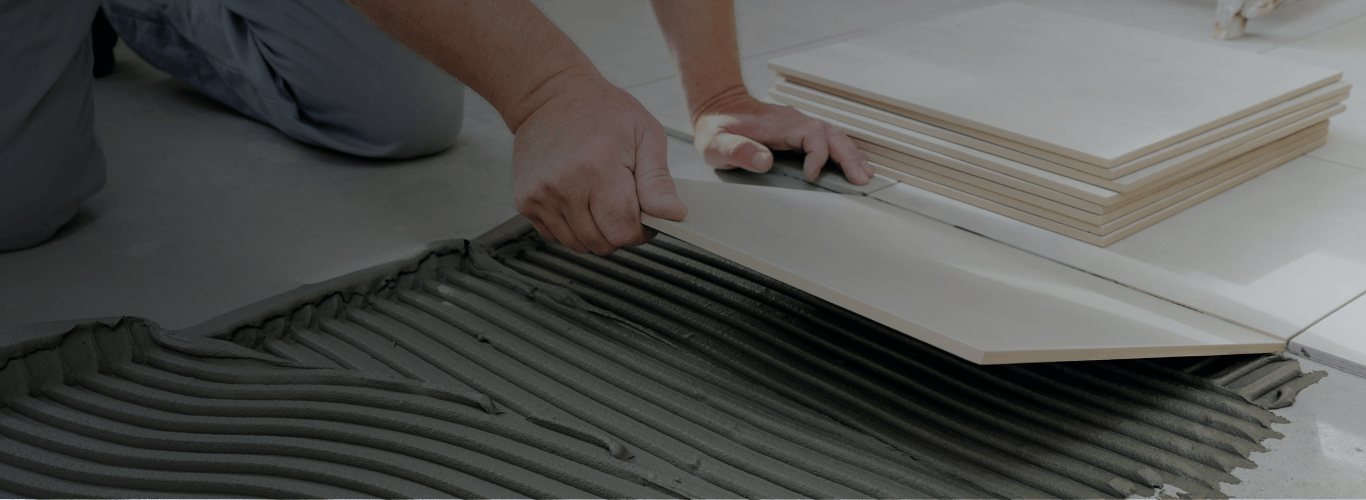
Types of Tile Adhesive Mortar
1. Cement-Based Tile Adhesive Mortar
Cement-based adhesive mortars are the most commonly used type in general residential and commercial tiling. They are ideal for internal floor and wall applications using small or medium-sized ceramic and vitrified tiles. When polymer-modified, these mortars offer better flexibility and bond strength. Available in standard and fast-set forms, they are mixed with water on-site and applied using a notched trowel.
2. Polymer-Modified Tile Adhesive Mortar
Polymer-modified tile adhesive mortars incorporate latex or polymer dispersions to enhance flexibility, water resistance, and bonding. Suitable for demanding areas like balconies, terraces, bathrooms, or underfloor heating, they support the installation of large-format or vitrified tiles on cement board, drywall, or even existing tile surfaces. Their improved mechanical properties make them ideal for both interior and exterior use.
3. High-Bond/Heavy-Duty Tile Adhesive Mortar
High-bond mortars are specially formulated for large-size slabs, heavy-duty tiles, or natural stones. These products offer enhanced shear and tensile strength, addressing vertical applications or high-load environments such as industrial kitchens, public walkways, and external stone claddings. They are recommended where surface regularity is uncertain or mechanical stresses are expected.
4. Epoxy-Based Tile Adhesive Mortar
Epoxy tile adhesive mortars consist of resin, hardener, and filler components that together form a water- and chemical-resistant system. With high bonding capability and impermeability, they are used in specialized applications such as dairies, laboratories, food processing units, and swimming pools. Their application requires trained labor and pre-curing surface cleaning, but they provide unmatched durability under chemical exposure and moisture.
5. Ready-Mix Paste Tile Adhesive Mortar
Ready-mix paste adhesives are pre-blended products packed in buckets and directly applied to walls for fixing small ceramic tiles in dry areas such as kitchens, commercial interiors, or light-duty utility rooms. These are user-friendly, require no on-site mixing, and offer tidy application—although they are not recommended for heavy tiles or moisture-prone areas due to limited bonding strength.
6. Quick-Set Tile Adhesive Mortar
Quick-set tile adhesives are specially designed to set within 3–4 hours, allowing projects to proceed quickly with early foot traffic. These mortars are useful in time-sensitive renovations or retail/public areas that require swift turnarounds. However, the installer must be efficient in mixing, applying, and laying tiles within the open time to avoid premature setting.
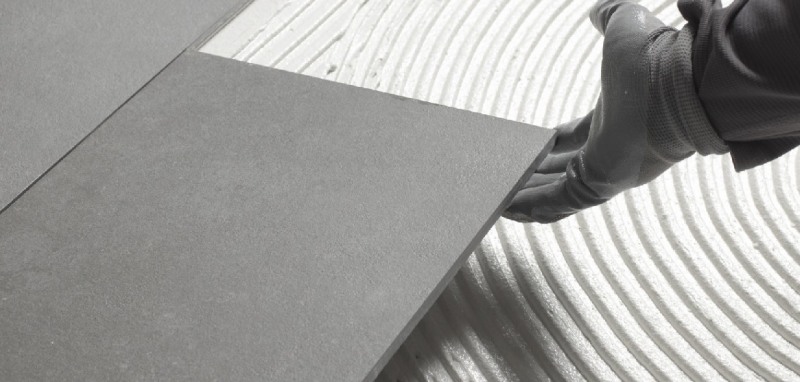
Key Considerations for Selecting Tile Adhesive Mortar
Selection of the appropriate tile adhesive depends on various technical, site-specific, and performance factors:
- Tile Type & Size: Large-format tiles, vitrified slabs, or natural stones need high-bond or epoxy mortars.
- Substrate Type: Surfaces like concrete, gypsum boards, or existing tiles require specific adhesive formulations.
- Surface Orientation: Wall or floor usage affects bonding and slip resistance requirements.
- Moisture Exposure: Wet zones demand flexible and waterproof mortars like polymer-modified or epoxy-based.
- Traffic Load: High footfall areas require heavy-duty adhesive formulations for structural safety.
- Speed of Installation: Quick-set variants support tight timelines in renovation and commercial projects.
- Code Compliance: Adhesives must meet relevant standards like IS 15477, EN 12004, or ANSI A118.
- Product Certification: Ensure sourcing from certified, reputed drymix manufacturers or construction chemical suppliers.
Top Tile Adhesive Mortar Manufacturers
The tile adhesive mortar market has witnessed steady growth with the rise in ceramic and vitrified tile consumption across residential, commercial, and infrastructure segments. Several well-established construction chemical manufacturers produce a wide range of adhesive mortars for varied applications, conforming to national and international quality standards.
Leading Manufacturers in India
- Pidilite Industries (Roff) – Offers a broad portfolio of polymer-modified, epoxy-based, and ready-mix tile adhesives under the Roff brand. Known for site support and retail availability.
- MYK LATICRETE India – A joint venture delivering IS-compliant tile and stone installation solutions, including high-performance adhesives for heavy-duty and industrial use.
- Fosroc India – Supplies tile adhesives and grouts tailored for commercial, industrial, and wet area applications, backed by technical expertise and global formulations.
- Sika India – Provides a wide range of polymer-enhanced tile fixing adhesives suitable for interior and exterior use, along with waterproofing compatibility.
- Dr. Fixit (Pidilite) – Offers tile adhesives integrated with waterproofing systems for wet areas, terraces, and bathrooms.
- BASF Master Builders Solutions (Now MBCC) – Offers premium-grade tile adhesives for demanding applications through its global chemical technologies.
- CERA Chem Pvt. Ltd. – Supplies project-grade tile adhesives for large-format and industrial applications, often specified for institutional projects.
International Brands with Indian Operations
- Mapei Construction Chemicals – A global leader in adhesives and chemical products, offering high-performance mortars suited for large-scale infrastructure and export-grade tiling.
- Saint-Gobain Weber – Specializes in ready-to-use drymix mortars including tile adhesives, especially for façade cladding and wet areas.
- Laticrete International – Provides a wide product line of adhesive mortars designed for architectural and industrial durability, including soundproof and quick-set variants.
Conclusion
Modern tile adhesive mortars have become indispensable in achieving precision, speed, and longevity in tiling projects across commercial, residential, and industrial domains. With options ranging from simple cement-based formulations to high-performance epoxy and polymer variants, these products cater to diverse architectural and structural needs.As surface aesthetics and durability standards evolve, selecting the right adhesive—based on load, location, and tile specification is crucial. The shift from conventional cement-sand mortar to advanced tile adhesives not only improves installation efficiency but also ensures reduced maintenance and long-term finish integrity.
Images- indarex.com, myklaticrete.com, walplast.com

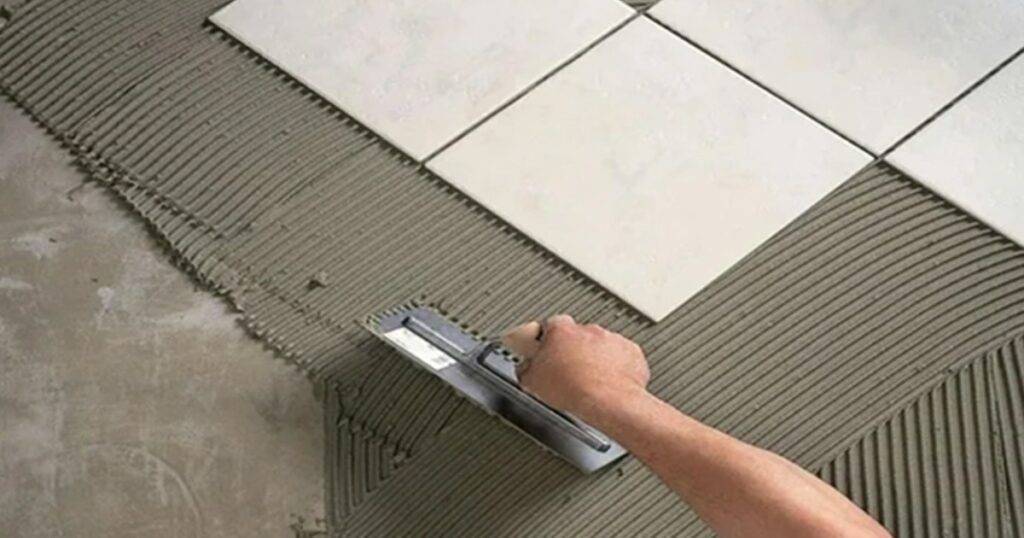
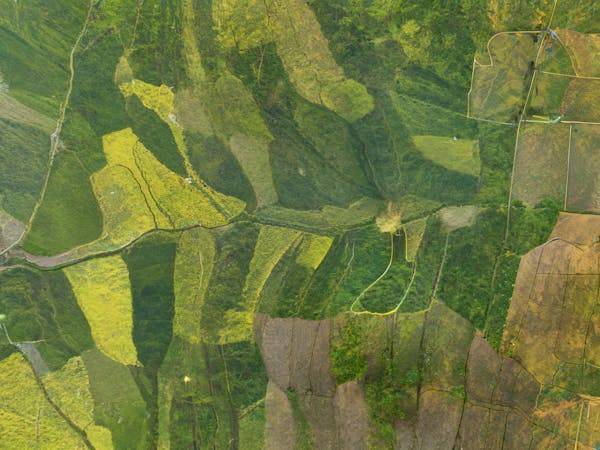

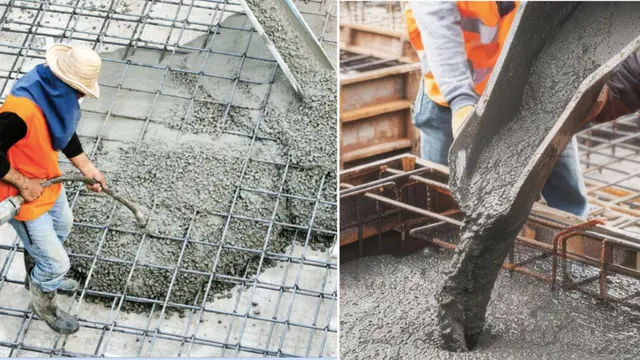
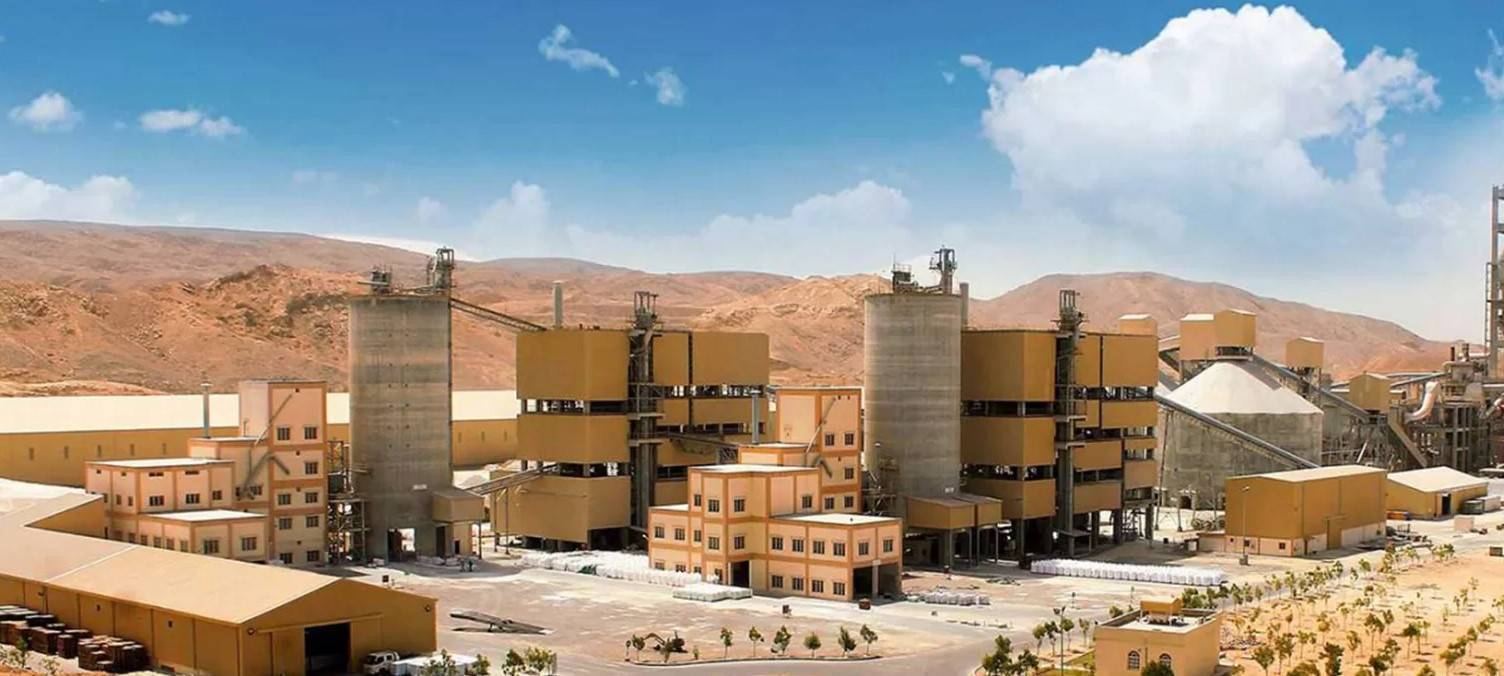

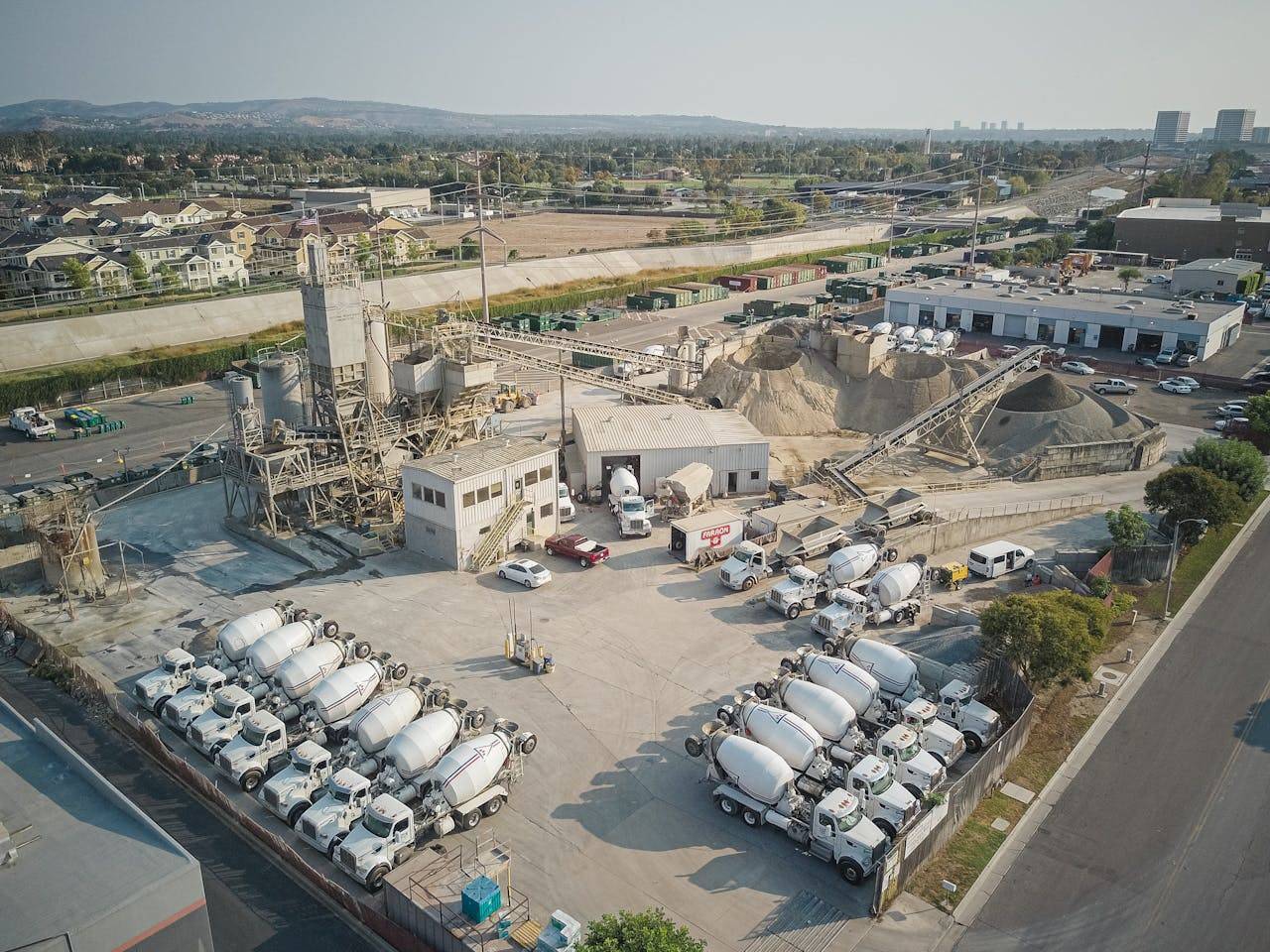

.png)